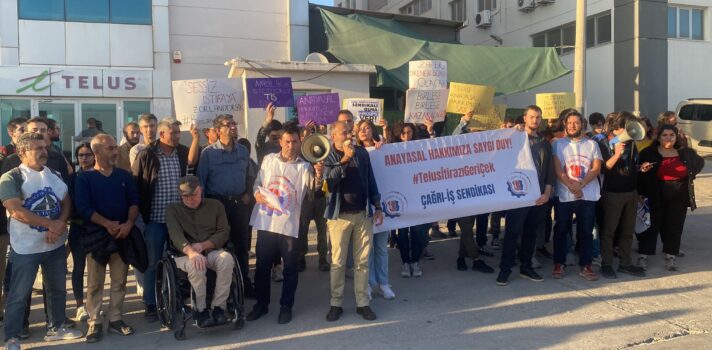Case summaries – Stayed
R v Peter Kiewit Sons ULC (2021)
- Death of a worker after boulder fell at a rock slope site and crushed him, employer and two supervisors charged with criminal negligence causing death, charges stayed.
In February 2009, Sam Fitzpatrick and other employees were ordered to drill rock in an area where an excavator was working directly above them. Excavators were working to clear loose rock above Fitzpatrick and the others. A large boulder rolled down the rock slope and struck Fitzpatrick, killing him.
The day before construction operations had been suspended at the site due to a ‘near miss’ accident, where an excavator had dislodged rock and it had fallen down the slope. The investigation showed that the excavation above the worksite was the root cause of the rock fall. The day of Fitzpatrick’s death the excavators were once again operating above the work site. On the day of Fitzpatrick’s death, the company has records of a rock falling and damaging equipment.
Peter Kiewit Sons ULC was charged with several regulatory fines and violations and in 2019 the company and two supervisors were charged with criminal negligence causing death under the Criminal Code.
The trial was set for September 7, 2021. However, one week before the trial, the British Columbia Prosecution Service stayed the charge because the memories of the witnesses had degraded significantly. There was a delay of almost six years in initiating the RCMP investigation and another two-and-a-half years until the Crown had all the material it needed from the police. The resulting inconsistencies in the witness accounts led to the Crown to conclude it could no longer meet the threshold of “substantial likelihood of conviction” required in order to continue the prosecution.
R c Fournier, 2018 QCCQ 1071
On April 3, 2012, Gilles Lévesque was working at the bottom of a trench and died when the trench collapsed. The trench was not shored and there were deposits of excavated soil on both sides located at unsafe distances. Sylvain Fournier was the employer and was charged with both criminal negligence and manslaughter. The Court ultimately found Fournier guilty of manslaughter and stayed the charge of criminal negligence causing death, because of the rule against double jeopardy based on the same facts.
The Court sentenced Fournier to 18 months’ imprisonment, two years’ probation, and a victim surcharge of an unknown amount.
Steelworkers v Weyerhaeuser (2011)
On November 17, 2004, Lyle Hewer was asked to clean out material from a high-speed grinder at a sawmill. The grinder was frequently clogged, and workers were ordered to clear it of wood waste and debris. The company’s process of clearing out the grinder required workers to climb inside a confined space to manually remove waste-wood products and clear out jams. Hewer became trapped inside the space under the load of debris and was asphyxiated. The police had recommended criminal charges, but the Crown refused to prosecute in light of insufficient evidence.
The Steelworkers subsequently commenced private prosecutions against the company for criminal negligence causing death. Three days of hearings occurred in October and November 2010, where the Steelworkers called sixteen witnesses to show that there was sufficient evidence for Weyerhaeuser to be tried under the Westray amendments. A provincial court judge allowed the prosecution to proceed. Unfortunately, the policy of the B.C. Crown is to take over and handle all privately-initiated prosecutions itself. In August 2011, it decided to stay the proceedings, stating that the was no evidence of management awareness of the workers climbing into the confined space to clear the debris.
Download
Request this file in a different format
Share on Facebook


